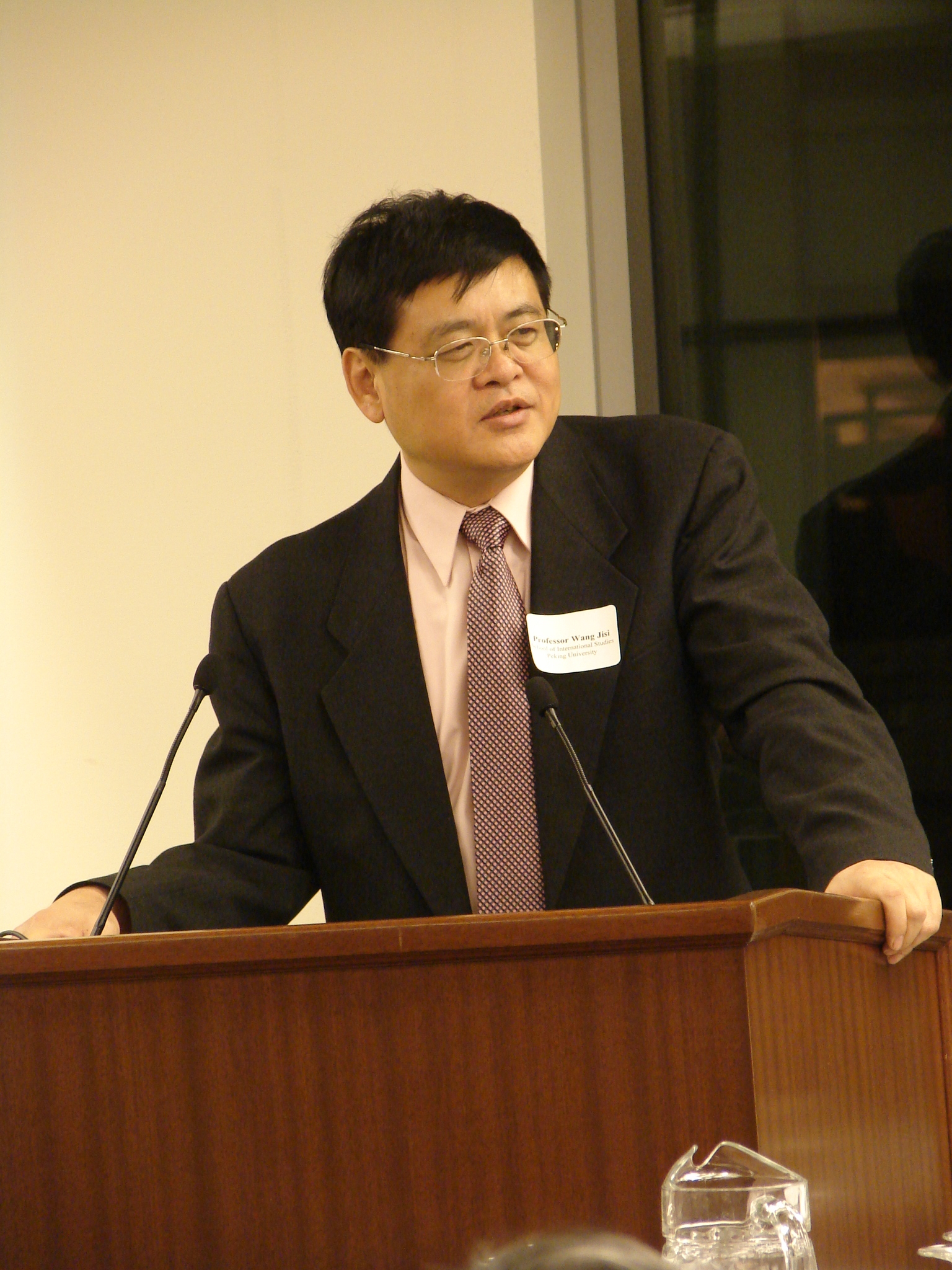Dr. Ezra Vogel examines the long history of Sino-Japanese relations, arguing that both sides must acknowledge the other country’s grievances for their own sake, as well as for the benefit of the region and the world.
Since the end of the Cold War, China and Japan have faced each other as powers of relatively equal strength for the first time in their long history. As the two great powers of East Asia, the way they both compete and cooperate with each other, and the way they conduct their relations in the new era, will play a big part in the evolution of the region as a whole.
With the rise of tensions in Northeast Asia over the past few months, understanding the complex interactions among China, Japan and the two Koreas has become more important than ever, as has understanding the effect such tensions have on the United States and its interaction with these countries. The National Committee, in cooperation with the Japan Society, brought together three experts to provide insights into the current state of the regional security relationships: the Brookings Institution’s Richard Bush, the Eurasia Group’s Ian Bremmer, and Johns Hopkins University’s Kent Calder.
At this program, Professor Wang Jisi, dean, School of International Studies, Peking University, reprised one of the themes raised in his 2005 Foreign Affairs article, “China’s Search for Stability with America,” (see the Sept/Oct 2005 Foreign Affairs issue) and focused on areas where Chinese and American interests converge and diverge in Asia.



